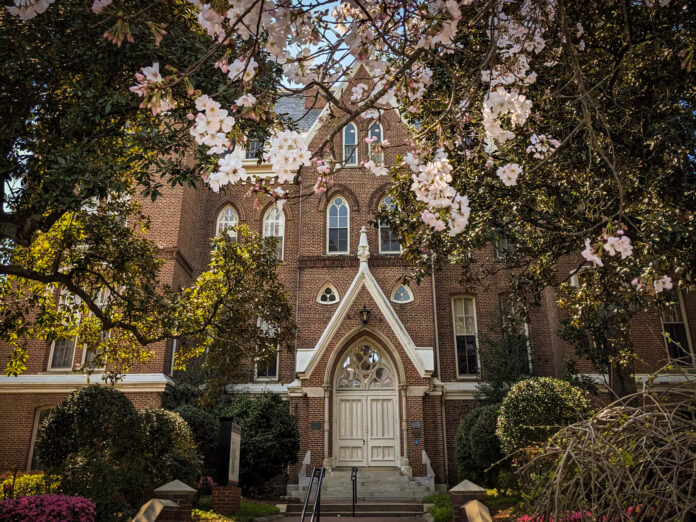An education is about grasping. We grasp concepts in math and business. We grasp procedural protocols in chemistry labs and art studios. We grasp the meaning of stories in English literature and the particular nuance of words in Spanish. We grasp the proper application of formulae in engineering and physics. We grasp the logic of an argument in philosophy or a progression in music.
It is as if our brain has something like fingers that can reach out and grab onto an idea, clutch it tightly, and keep it to be used later. This sense of grasping perceives that knowledge is a kind of thing that can be taken hold of in the same way that we would pull an apple from a tree or reel in a fish from a pond.
When we grasp an idea or concept, we have it in our possession. It’s ours. We own it. We are the “graspers,” and facts, data and bits of information are what we grasp. We are then the ones who are in charge of this knowledge to apply and deploy it in whatever ways we like.
This grasping of knowledge is a wonderful thing. With a confident sense of certitude and mastery, we have used it to cure cancers, build cities, expand technology, explore the universe at macroscopic and microscope levels. This ever-growing repository of facts that we grasp is such an incredible gift, allowing us to enrich and protect our lives and our world.
As a university, we are in the grasping business. In every classroom, in every laboratory, ideas are being thrown about, and students are reaching out and grabbing onto them. They will be useful on the next exam for sure and maybe somewhere later on in careers and life.
But, on beautiful spring days like this one, I can’t help but wonder if being truly educated doesn’t also mean being grasped. I am drawn to the words of the imminently perceptive German-language poet, Rainer Maria Rilke.
A Walk
My eyes already touch the sunny hill.
going far beyond the road I have begun,
So we are grasped by what we cannot grasp;
it has an inner light, even from a distance-
and changes us, even if we do not reach it,
into something else, which, hardly sensing it,
we already are; a gesture waves us on
answering our own wave …
but what we feel is the wind in our faces.
Rilke imagines being “grasped by what we cannot grasp.” To those of us who make our living by grasping ideas and concepts in one way or another, this pronouncement, that there may be something “we cannot grasp,” is more than just a little humbling. It turns the equation backward. Instead of being dominant and in control as the graspers of knowledge, we become the grasped, the surprised recipients of an insight or experience that unexpectedly takes hold of us. Rilke conjures the possibility that there might be some things in life that are beyond our grasping, some things that outstretch the reach of our understanding, some things for which our trusted grasping tools are not fit.
Can our intellect, for example, grasp pure love, or, does it not grasp us, leaving us filled with a warmth and wonder beyond logic? Can our analytical capacities grasp the radiant beauty of a daffodil in full bloom or a baby’s smile, or do they not grasp us, capturing our hearts in speechless joy? Can we fully grasp the boundless expanse of the universe in which we live, or does it not grasp us, overwhelming us with awe as we lay facing heavenward on a crisp, starry night? And, what of the sacred mysteries of life and death? Can we grasp them, or do they not grasp us in the deepest center of our souls, bowing us into silent reverence?
Surrounded by the greening earth and its rising again from the dead of winter, the blossoming cherry trees, the happily unscripted serenade of the Carolina wren outside my window and the simple holiness of this treasure we call life, we are being grasped by what we cannot grasp.
And, if we will allow it, “… it has an inner light, even from a distance-and changes us …”
Amen.










